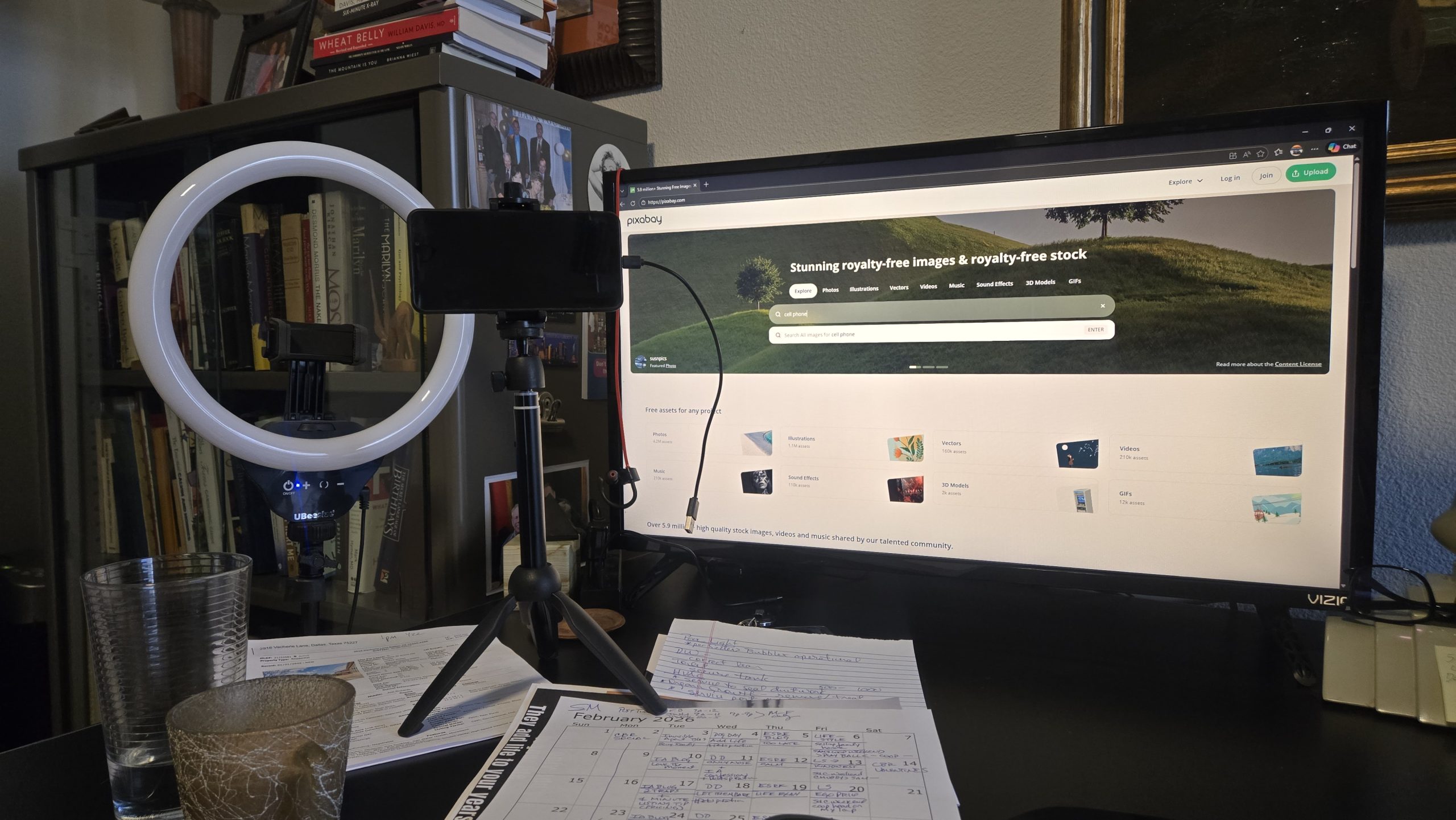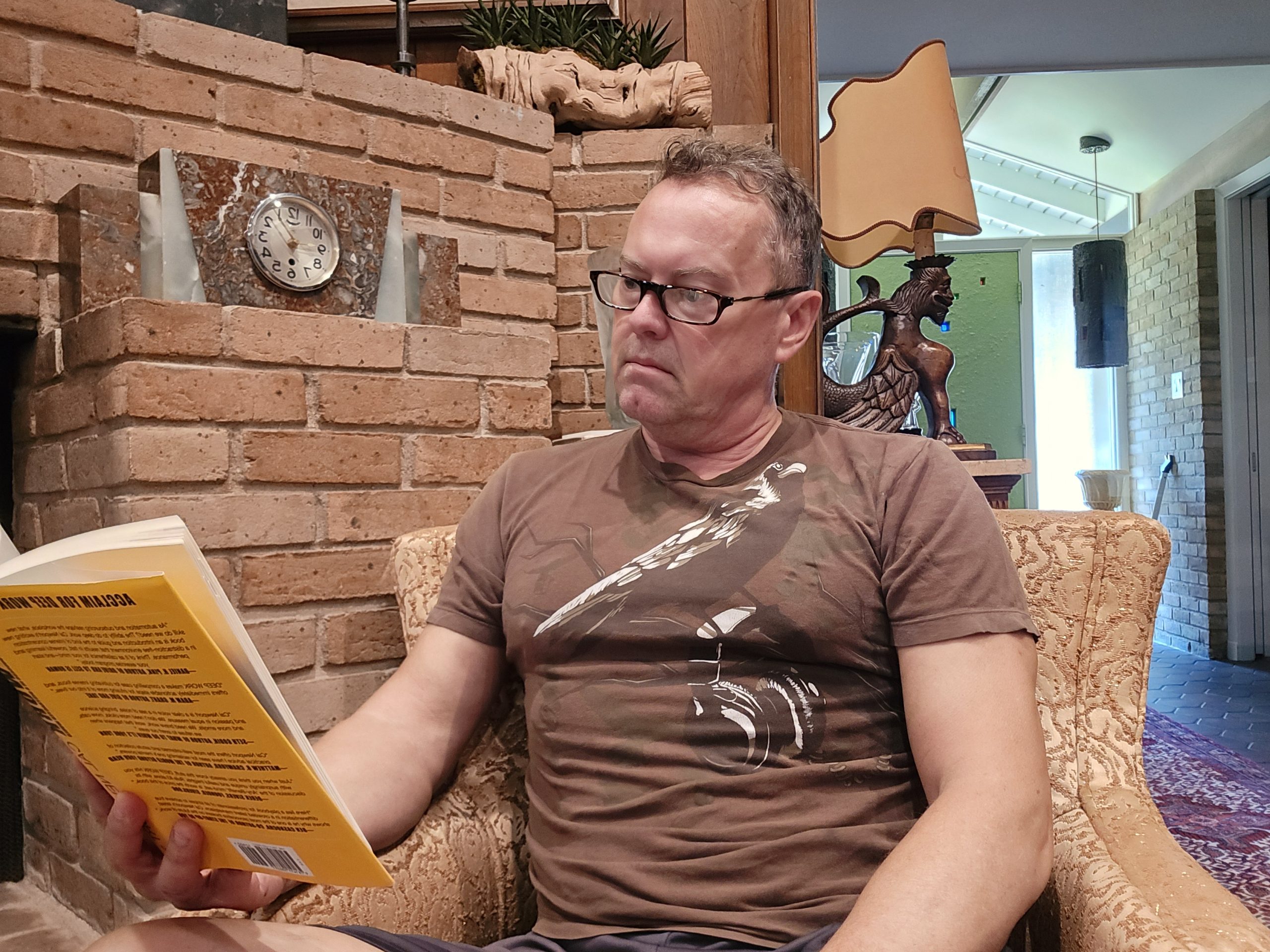“Being Ready Is a Myth”
People assume the Invisible Agent (aka-me) has it all together — calm, composed, quietly strategic, moving through the real estate world like some serene monk with a Supra key.
But the truth?
I’ve spent most of my life waiting to feel “ready” before doing something new.
And here’s the thing I’ve realized (the hard way):
Being ready is a myth.
We tell ourselves we’ll start when we feel confident…
when the timing is perfect…
when the stars align…
when we magically wake up knowing exactly what to do.
But life doesn’t work that way.
Real estate definitely doesn’t work that way.
And personal growth never works that way.
You don’t feel ready and then start.
You start… and then feel ready.
The Lesson I Learned the Hard Way (And Re-Learned Again)
Years ago, I had a listing with a client who owned beautiful things — truly gorgeous furnishings, artwork, and collectibles. The kind of pieces people comment on immediately.
And they did.
Every single showing.
Every single feedback note.
“Stunning artwork.”
“Beautiful pieces.”
“Gorgeous home decor.”
All lovely compliments.
But none of them said:
“We want to buy the house.”
Three months in, I finally made the uncomfortable call:
“We need to take all of this out… and stage the home.”
We removed much of the furniture, the art, the decor — all the things people loved looking at but weren’t buying the home.
We simplified. We reset. We started over.
And the home sold in days.
That moment stayed with me.
Not because of the sale — those come and go.
But because of the lesson:
Sometimes you don’t need to be ready.
You just need to remove what’s in the way and begin.
Fast-Forward to Today: Me vs. The Camera
Here I am, years later, wrestling with the same truth — this time about video.
I’ve filmed a few.
They aren’t terrible.
But my perfectionist brain insists they are.
“This angle is weird.”
“My voice sounds strange.”
“I blink too much.”
“I look like I’m reading a ransom note.”
(Just being honest.)
So I tell myself:
“I’ll start once I figure it out.”
“I’ll start once the setup is perfect.”
“I’ll start once I feel ready.”
But deep down, I already know the truth:
I won’t figure it out until I start.
I won’t get better until I’m bad.
And waiting to be perfect is just procrastination wearing fancy clothes.
So here I am, choosing to take my own advice:
Start.
Suck a little.
Learn.
Adjust.
Get better.
Repeat.
Just like that staged home, sometimes we need to clear away the self‑doubt, the overthinking, and the expectation of perfection — and let the actual work begin.
The Invisible Agent Approach
I don’t need to be loud.
I don’t need to be polished.
I don’t need to be perfect.
I just need to show up.
Quietly. Consistently. Authentically.
Because the truth is:
Being ready is a myth. Starting is real.
And once you start — even awkwardly — momentum takes over.
So, if you’re like me…
If you’re waiting for readiness…
If you’re standing in your own way…
Let’s just start together.
We’ll figure it out.
We’ll get better.
And one day, we’ll look back at the early videos and laugh — or cringe — but we’ll be proud we began.

 Facebook
Facebook
 X
X
 Pinterest
Pinterest
 Copy Link
Copy Link











